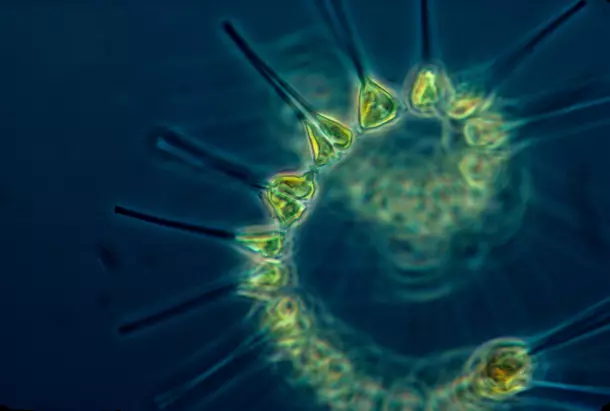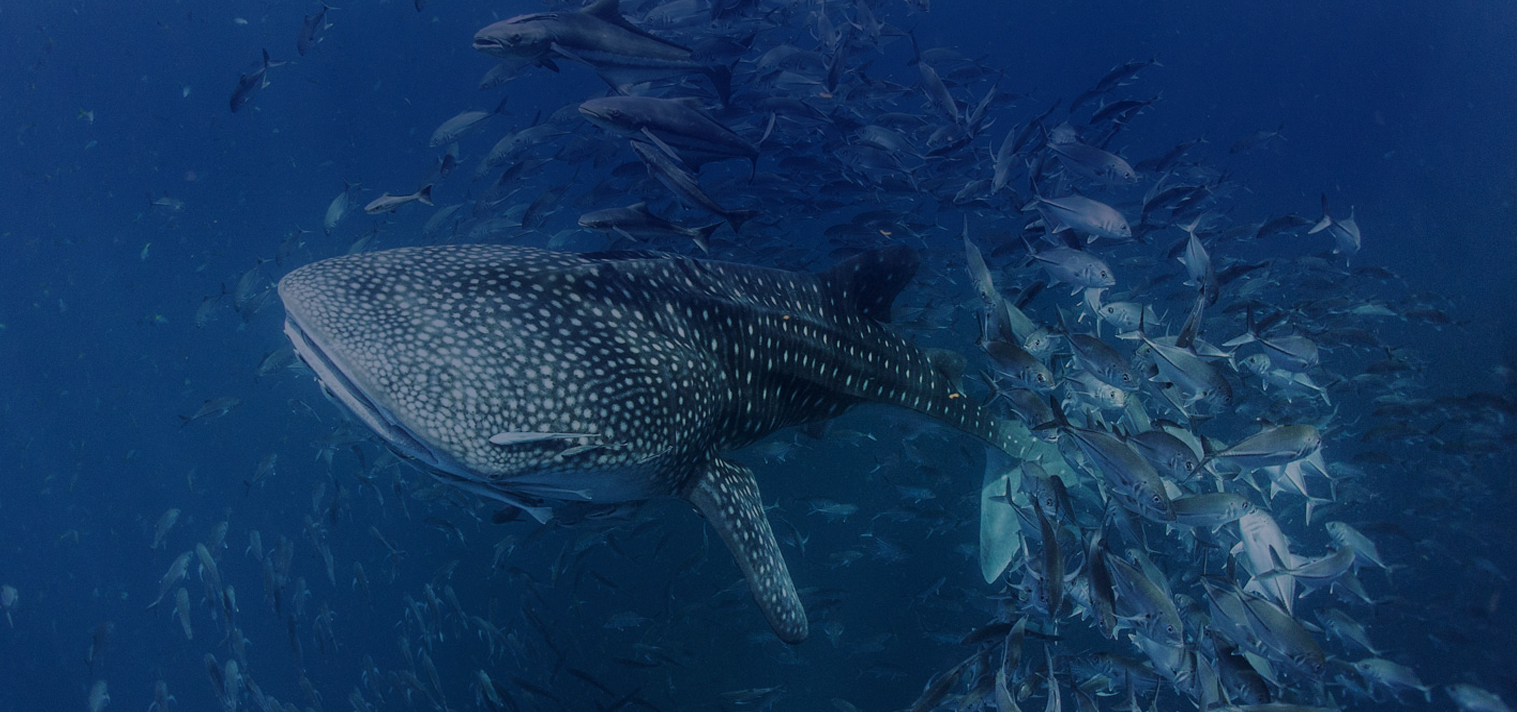IOC enhances research on climate change impacts on phytoplankton
Coastal oceans are facing increased pressure from the growth of human populations and their activities, as well as from regional and global climate change. Phytoplankton community composition and function - the base of coastal food webs - are directly impacted by these pressures. This makes phytoplankton a key indicator for evaluating marine ecosystems change, resilience, and sustainability, and an Essential Ocean Variable (EOV).

29 janvier 2024
The IOC expert group on Climate Change and Global Trends of Phytoplankton in the Oceans (TrendsPO) originally focused on the comparative analysis and synthesis of long time series phytoplankton datasets with the aim to develop a more comprehensive understanding of underlying processes and pressures causing ecological change. The call to deliver new, transformative ocean science from the United Nations Decade for Ocean Science for Sustainable Development (2021-2030, the Ocean Decade) now requires a more comprehensive research on phytoplankton dynamics. TrendsPO will incorporate new datasets compiled by the wider scientific community and link results of this more complete analysis of datasets with other large-scale, cross-system monitoring efforts of other IOC working groups, including the Ocean Biodiversity Information System (OBIS), the IOC-SCOR GlobalHAB and the GOOS Bio-Eco Expert Panel. The main objectives of TrendsPO will be to:
-
Understand the phytoplankton responses to global climate change through analysis of existing time series datasets.
-
Predict when and where rates of phytoplankton change are most extensive in terms of temporal and spatial scales of change under increased multiple stressors (anthropogenic activities, ocean acidification, climate change and their interactions).
Specifically, TrendsPO will:
-
continue to work on representative phytoplankton datasets in order to develop a more comprehensive scientific understanding of underlying processes and pressures causing ecological change;
-
move past the original focus of the working group to better understand the connectivity of phytoplankton with environmental changes through interactions with other IOC sponsored programs and groups;
-
engage with the Intergovernmental Panel on Climate Change (IPCC) to examine phytoplankton variability in the ocean and coastal ecosystems under various climate change scenarios;
-
train young career scientists under the mentorship of the Group’s senior scientists.




